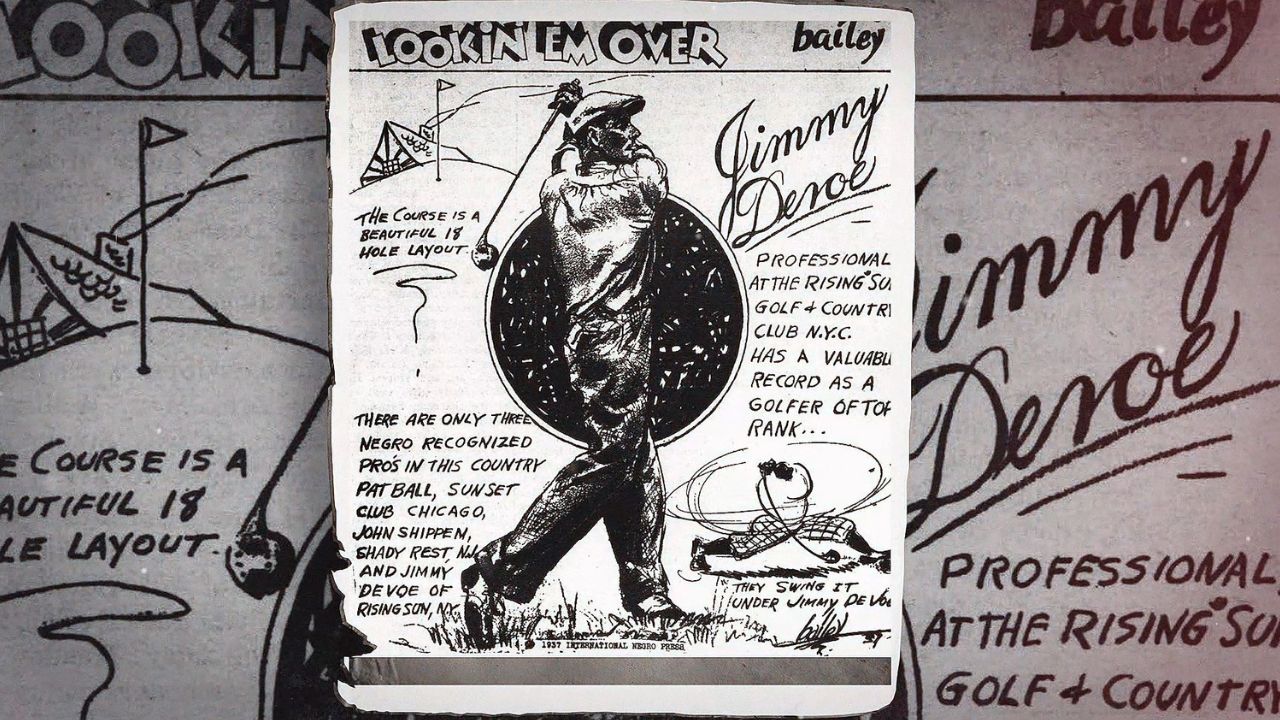Historic NYC luncheonette's sweet recipe for success

YORKVILLE, MANHATTAN -- The corner luncheonette was everywhere in New York City - until it was nowhere.
In a city where the sure bet is betting on change, those lunch counters of yore are mostly cherished memories now, along with Checker cabs, the Third Avenue El, the newsies hawking the Herald Tribune.
When you visit the Lexington Candy Shop on Manhattan's Upper East Side, however, that past is present - and you can taste it, one delicious egg cream at a time.
The Lexington Candy Shop opened in 1925 - that's almost 100 years in business here at Lex and 83rd - and last had a major overhaul in 1948. That's when they doubled down on the lunch side of the business and gave up on the sweets, at least making them. Chocolate Santa Clauses and bunnies don't sell well in the dead of summer, and space here is at a premium.
But the name, the sweet Lexington Candy Shop name, that they happily kept.
The lunch counter itself is among the newest things here - and you realize the word new is relative when you learn the counter was installed in 1970.
Yes, change may be constant all around him, but owner John Philis knows well enough to leave a good thing alone. He knows this place better than anybody because he grew up at the candy shop, working here as soon as he was old enough to take the subway in from Queens.
His granddad, a Greek immigrant, founded it, and his dad ran it for years.
"The luncheonette in New York City was all over the place, every two blocks, three blocks at least. It's a tough business. And the rents went up," Philis said of what had been a first-generation immigrant trade. "A lot of the kids went to college, went into other professions. And (the luncheonettes) slowly died off."
This luncheonette beat the odds because of John Philis. He officially went into the family business in 1980 to help out his pop, who wasn't quite ready to retire.
With an NYU education and a solid career in government to fall back on, Philis figured it would be a fun gig for a couple of years.
A couple of years turned into 42.
"And I'm still here, and it's great," Philis said.
He has help, from trusted long-time employees and from his business partner, Bob Karcher, who left a job managing a McDonald's restaurant, bringing his own golden touch to the luncheonette trade.
"He has the same work ethic, the same mindset. It works. We take a lot of pride in the food," Philis said.
All the good food in the world and all the architectural charm won't get you far in New York without a good landlord, and Philis is grateful for his.
Indeed, "wonderful" is rarely how you hear landlords described in Manhattan, where a beloved hot dog shop of similar vintage a few blocks away is reportedly slated for demolition, erased for another tower.
The other morning at the Lexington, customers kept pouring in, snagging a stool or ducking into a booth, and ordering the good stuff: the BLTs, the grilled-cheese sandwiches, the pancakes, the French toast, the coffee brewed in urns and shakes made in a mixer from around 1948, the magic year here, the year so much at the candy shop dates to, right down to the terrazzo floor.
Philis was standing in almost the exact spot where, in 1975, he yelled "chicken plate" as Robert Redford placed a to-go lunch order at the counter in the spy thriller "Three Days of the Condor." You have to listen closely for it, but you can hear Philis shout out those two words amid the clatter and Christmas music playing in the scene.
Philis still dresses like the countermen of 1975 - the white jacket neatly pressed, the very picture of luncheonette professionalism.
Indeed, the timelessness of the Lexington Candy Shop has drawn many more filmmakers, and the week that ABC's Localish stopped by, Puma and Coca-Cola hosted a "takeover" of the candy shop for a campaign.
What draws Hollywood and major consumer brands is what attracts faithful customers as well - it's the place's authenticity, something that can be as hard to find these days as a token jangling in a straphanger's pocket.
"We have a lot of customers that have been coming here for years, and they like this place. They feel like it's home," Philis said. "It works out well."










